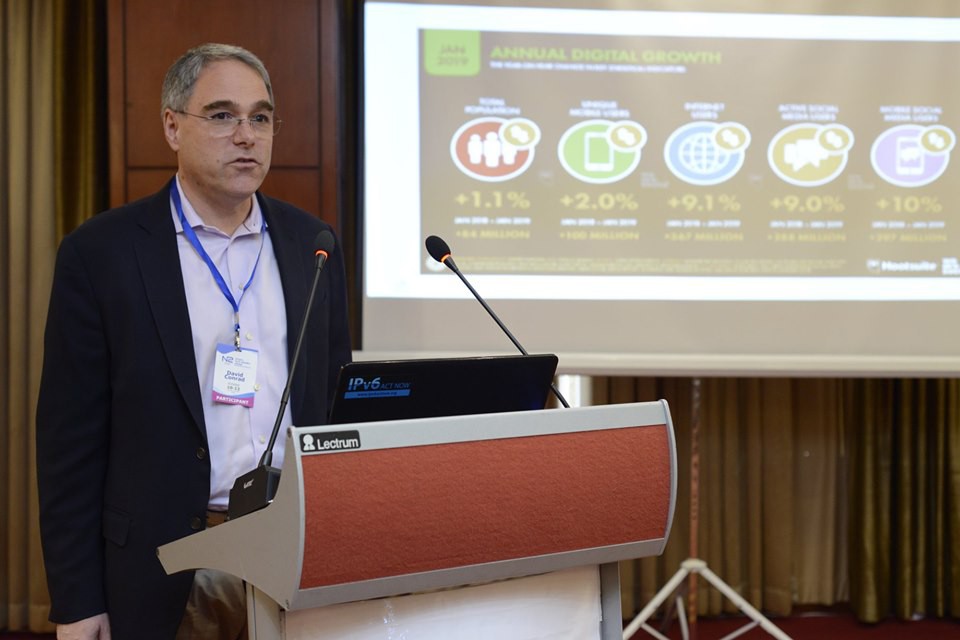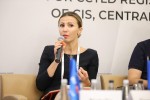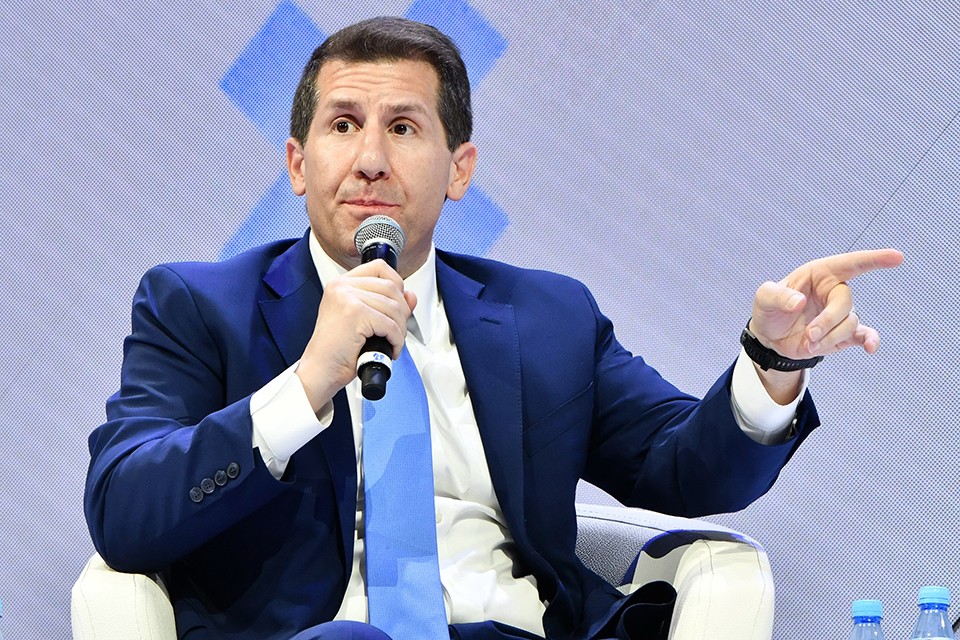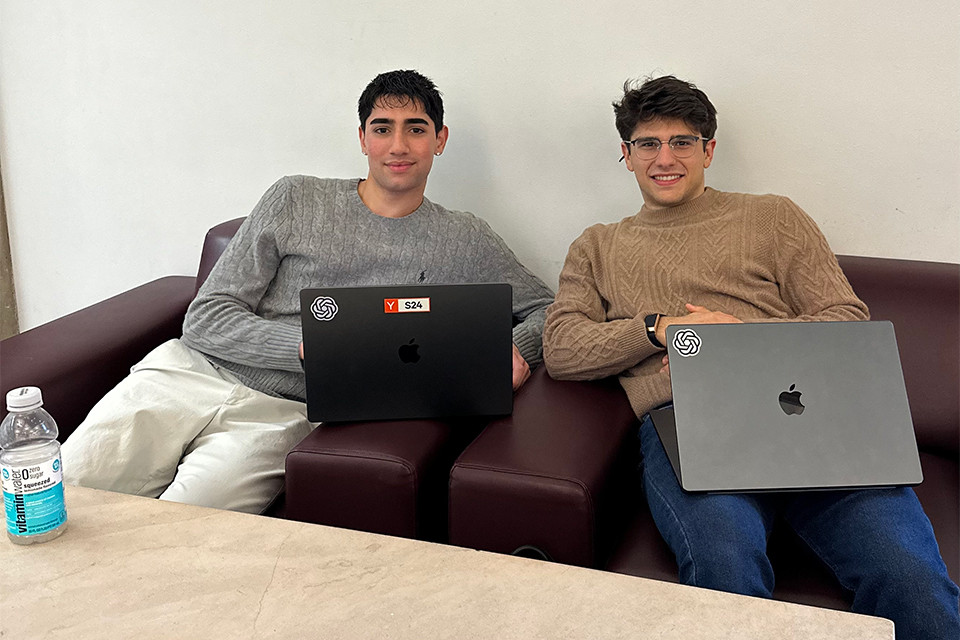-

David Conrad
11:16 | 07.11.19 | Interviews | exclusive 287701
David Conrad: We will see more internalization of domain name system and internet in the future
David Conrad is the Chief Technology Officer at Internet Corporation of Assigned Names and Numbers (ICANN).
Itel.am has talked to David Conrad on the margins of the 4th Eastern European DNS Forum (EEDNSF) in Yerevan.
How would you rate the regional internet infrastructure development when compared with other parts of the world?
I think this region will probably see some greater growth because it has a way to go yet. I suspect that in the next 5 or so years we will start seeing saturation in Armenia as well.
How does ICANN work with other chains of internet?
Any time any domain like .am or .com wants to change their information, change their infrastructure, they send a request to us and we validate their request, make sure it makes sense and then send it in sort of global directory. This means we have direct operational role.
Over the internet, via the mailing lists and online participation we allow people to argue with each other about the points of the agendas, sometimes, actually coming up with the agreements on how to move forward.
We provide a venue for people to come and talk about policy issues they care about related to internet resource management.
What is the future of domain names which are in local languages? For example, in Armenia it is. Հայ.
Today 4.8 billion people are on the internet today and many are from countries that don't use internationalized characters. We anticipate that in the future we will see more and more internalization of particularly domain name system and internet system as a general mostly because Asia is so big. More and more software and systems will be needed to support internalization and as a result we will begin to see more and more internalization across all the applications and on how the internet was used.
How critical and secure the operation of DNS actually is? There is this concept called cyber hygiene: to make sure you have complex passwords, you don’t use the same password, you keep your systems up to date. A lot of people don’t fully understand that if your domain name is compromised that means everything you have under that domain name is compromised. That is why we are trying to encourage people to improve basic cyber hygiene.
Narine Daneghyan talked to David Conrad

17:29 | 24.09.25 | Articles
Jacopo Losso on Cross-Border Investments and Why Armenia Attracts Angels









